
How to Win Awards for Your Photography
We all want people to like and enjoy our images. Social media is plastered with countless pictures whose owners are all seeking attention and some kind of approval from others.

We all want people to like and enjoy our images. Social media is plastered with countless pictures whose owners are all seeking attention and some kind of approval from others.

When it rains, it pours. Recent controversies have shown that photography competitions, even large, prestigious ones, are woefully unprepared for the ongoing artificial intelligence (AI) revolution.

As a photographer, you’ve got plenty of opportunities to gain exposure. Many opt for the social media route, and you should certainly consider creating profiles on at least one platform. Building a website to showcase your work is also a good idea, but have you thought about entering photo contests?
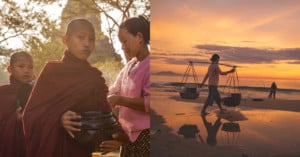
I have sometimes been critical when landscape photographers combine two or more photos not taken at the same time to make one great photo -- adding northern lights or beautiful skies to a photo that did not have them, for example -- and then making people believe it was something that really happened.
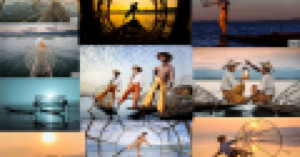
Finally, it’s arrived! A tool to help the world’s photography competition judges work out if the “travel” images they are judging are real or not! Yep, this is the first library of fake travel photos focusing on people photography in Asia. You’re welcome!
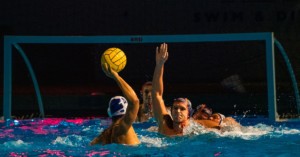
Late Winter and early Spring bring another cycle of photo contest season – that time of year when many major prizes are announced (especially in the photojournalism realm). And with each year brings another round of punditry regarding the value of photo contests and an almost inevitable controversy regarding the winners.
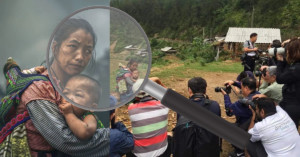
Eye-rolls, shrugs, and barbs greeted the $120,000 Grand Prize winner of Dubai’s HIPA Photography Prize. Malaysian photographer Edwin Ong’s photo of a partially blind Vietnamese woman carrying her baby was derided for representing yet another “poverty porn” contest winner before it was suggested that the image was staged by photographer Ab Rashid.
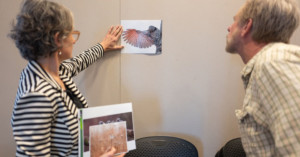
I'm Allen Murabayashi, the co-founder of PhotoShelter. We recently launched our Guide to Photo Contests 2019, an annual look at contests around the world that we think are worth your consideration. Here's an excerpt from this year’s guide that looks at the sometimes controversial world of contests.

Online photo contests are a popular way for photographers to test their skills and vie for global recognition and bragging rights. But some contests are more reputable than others. A number of popular photo contests are now at the center of a growing controversy, and all indications seem to point to the fact that there may be one mysterious man behind all of them.
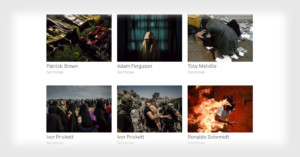
I write a version of this story every year around this time: photo contest result time. And every year, it’s addressing the same grousing and whining and complaints about everything from non-diversified juries to images being too newsy or not newsy enough.
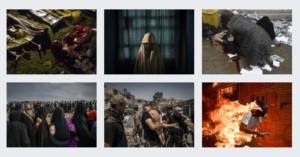
In a break from the past, World Press Photo (WPP) released the short list of finalists in advance of naming the winners to their annual contest – arguably the most prestigious in all of photojournalism. The photos are remarkable for their composition, exposure, and intimacy. But judging by the subject matter one might surmise that we’re living in a hellish dystopia, or that the jury believes pain and suffering is the most valid form of photojournalism.

Should you be able to patent the idea of online photo contests? Regardless of your opinion on the matter, someone has, and that patent is now being used to sue a number of small photo websites.
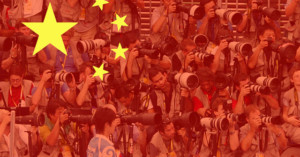
China is a country that's known to take the Olympics (the summer ones, at least) very seriously as the nation competes for a bigger presence on the world stage. Chinese gold medal winners become instant superstars and the role models for a generation of aspiring athletes.
It turns out photography is another field in which China is trying to become a world superpower, and its efforts are bearing fruit.
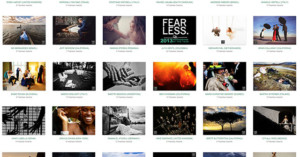
I had the honor of getting to judge a recent international wedding photography contest for Fearless Photographers, a great organization I’ve been a part of for the last few years. Fearless contests run several times a year and typically receive thousands (if not tens of thousands) of entries from around the world. There is no quota to meet for Fearless judges, so if an image is awesome, it gets an award. The judging is incredibly selective, and seems to get more selective with each round.

This is an incredible photo. The range of emotions expressed (anger, grief, despair), the position of the people and bodies, and proximity of the photographer to the subject make it an incredible moment in time. And because of these elements, this photo was deservedly named the World Press Photo of the Year.
It also looks like an illustration.

Photo editor Michael Davis on why clichés win photo contests: I think one …